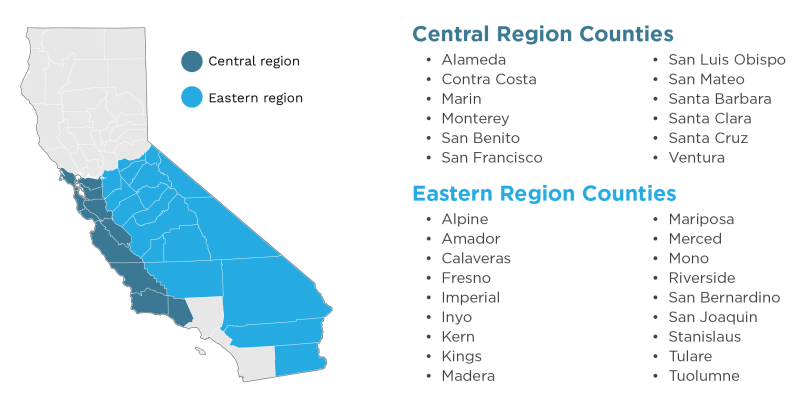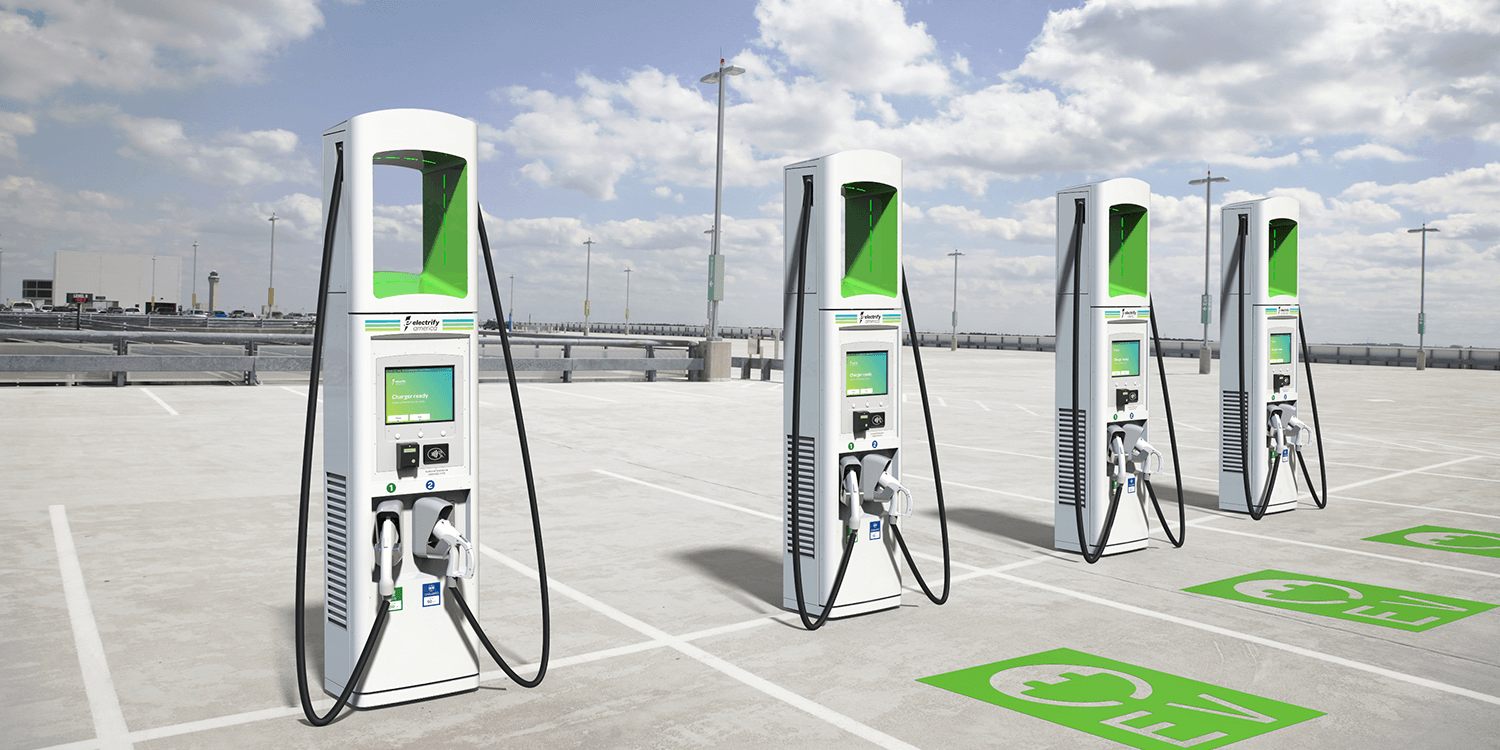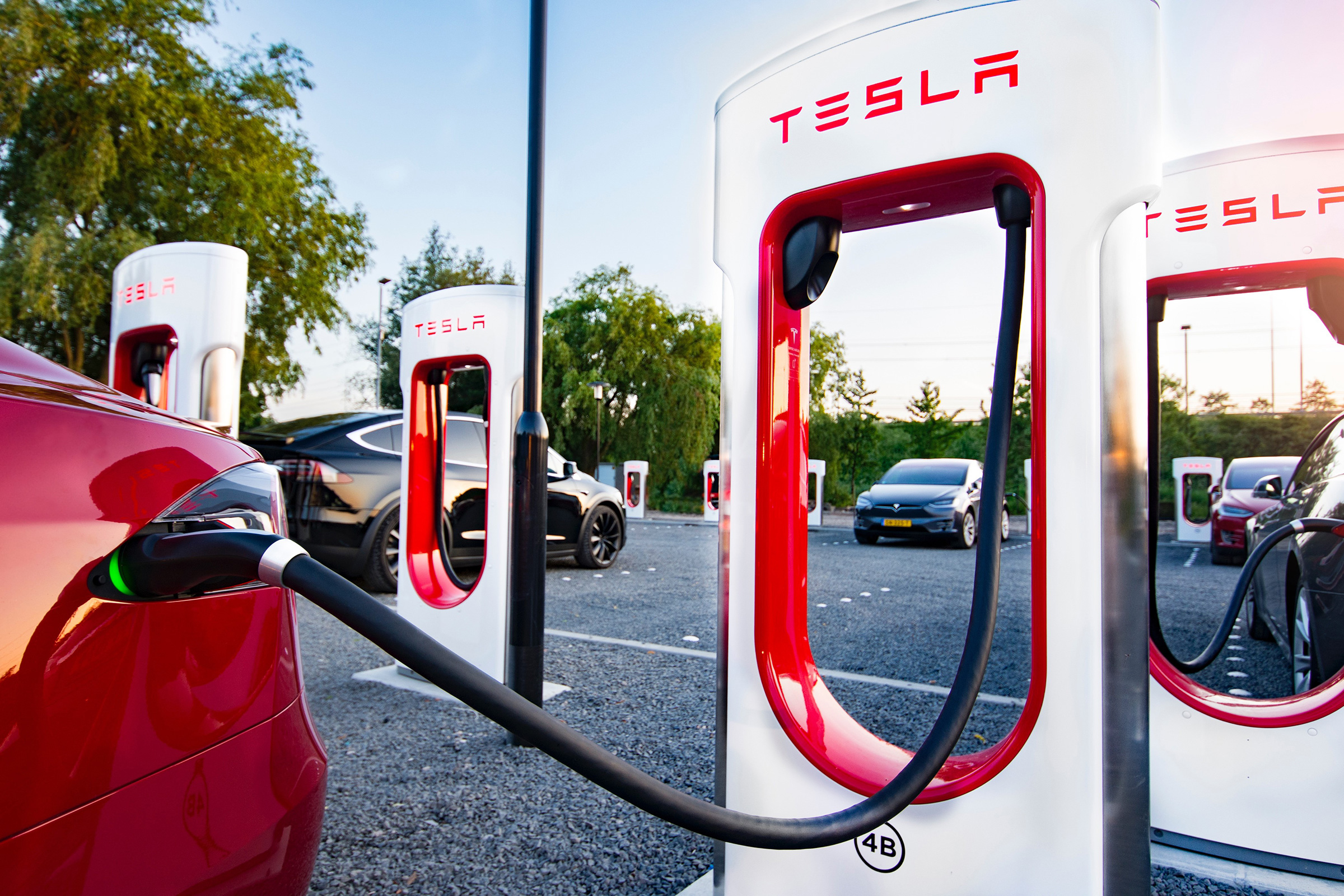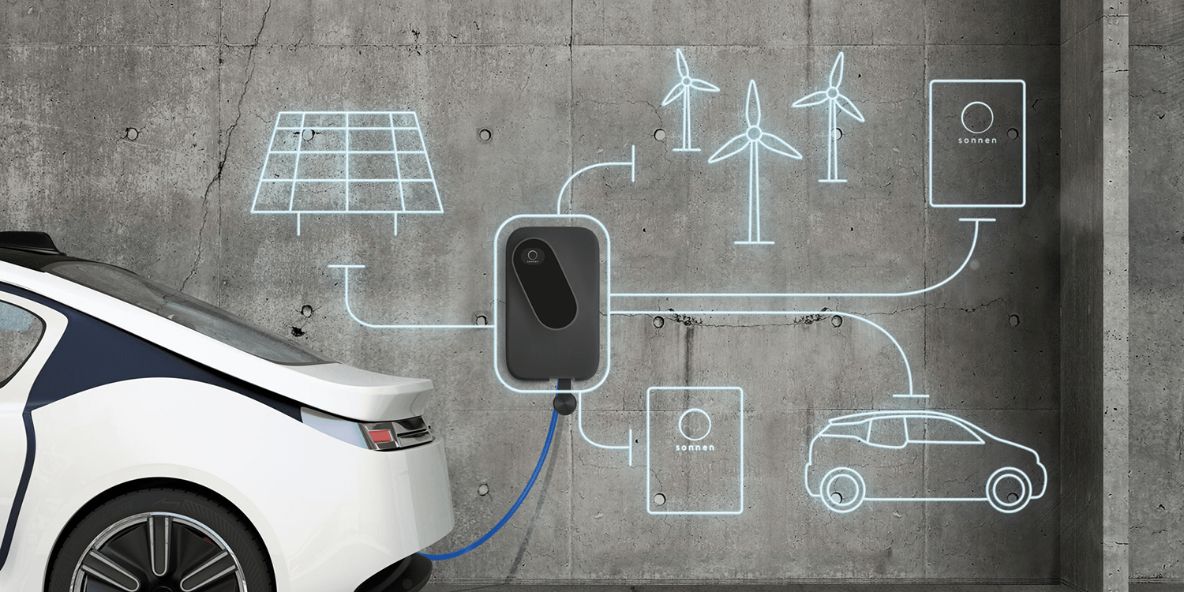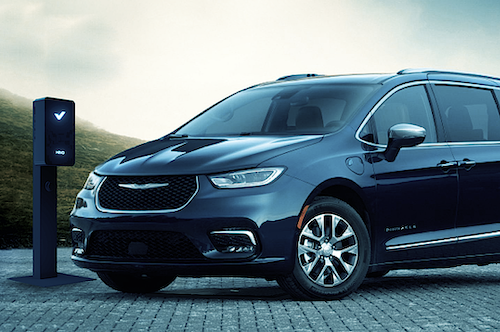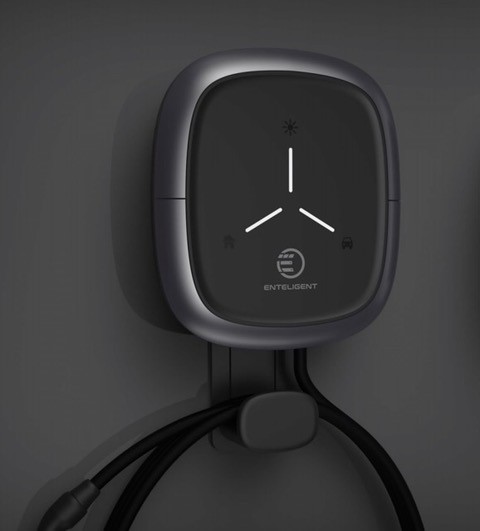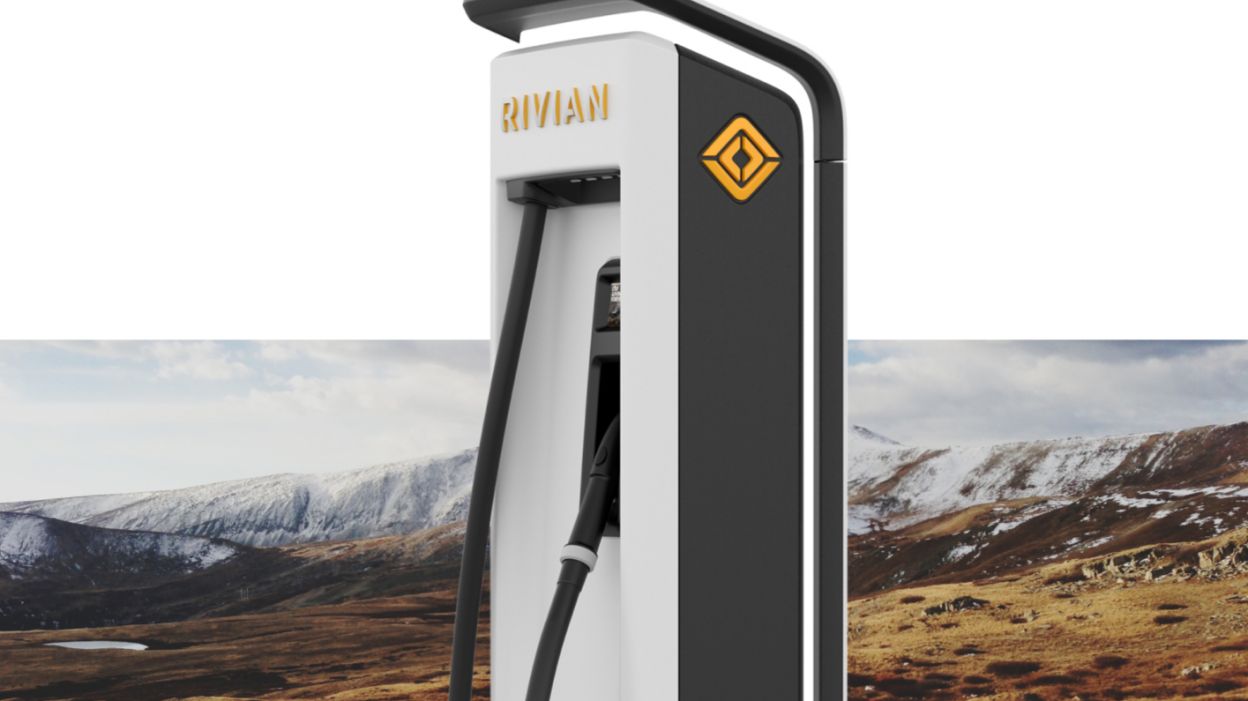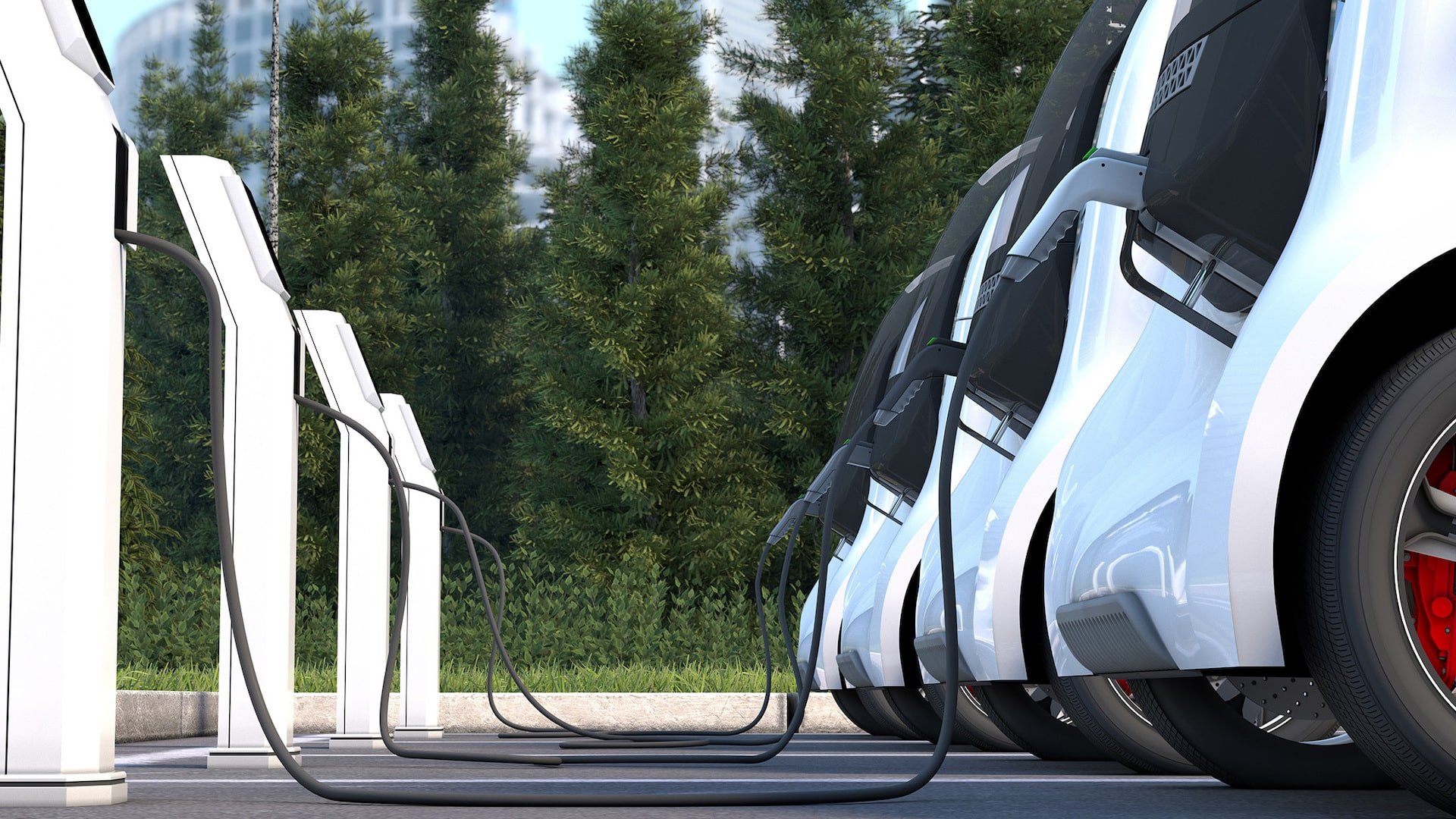The California Energy Commission (CEC) is taking steps to accelerate the build-out of the state’s electric vehicle (EV) infrastructure. To this end, it has launched a $30 million incentive project that will bring fast-charging stations to 30 counties in Eastern California, the Central Valley, and the Central Coast.
The project is focused on providing charging stations to disadvantaged, low-income, and tribal communities, with projects that are “shovel-ready” being prioritized for funding.
See also: California to spend $1 billion for EV charging infrastructure, mostly for electric trucks
To qualify for the project, charging stations must be capable of a 150 kW DC charge and have at least four chargers per site, with up to 20 charging stations receiving funding. Chargers must be available for public use within 15 months of application approval. Projects that qualify will receive cost-sharing benefits at 50% to encourage private investment.
The CEC’s initiative is part of California’s broader effort to invest in EV charging infrastructure, with a $2.9 billion pot announced in December for zero-emissions vehicle infrastructure. One month earlier, the state announced a $2.6 billion investment to decarbonize transport, followed by a five-year program to invest $1 billion in public EV charging facilities. The state’s goal is to ban the sale of new internal combustion engine vehicles by 2035, although plug-in hybrid vehicles with at least 80 km of range will be permitted.
According to CEC Commissioner Patty Monahan, the project’s objective is to deploy charging infrastructure quickly and equitably to ensure that every EV driver can recharge their vehicle with confidence. The funds will be used to fill the gaps in areas where charging is most needed and to extend the benefits of clean transportation to all Californians, particularly those in rural, low-income, and tribal communities.
